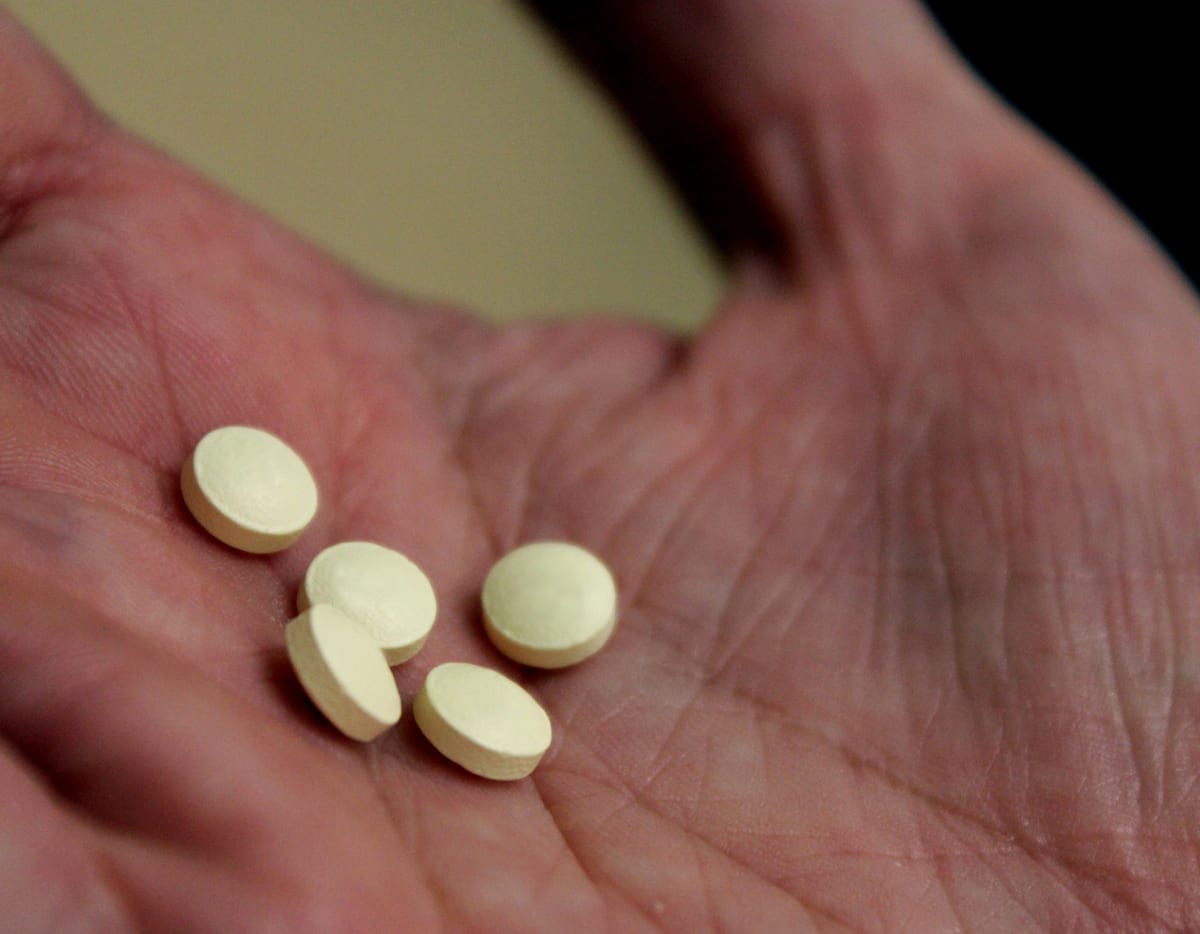Low-Dose Aspirin Over The Counter Cancer Deterrent
A new study published in the Breast Cancer Research journal found that women who took one low-dose aspirin daily were at lower risk of developing breast cancer. Aspirin is a well known deterrent of cardiovascular disease, and now could be seen as a necessary cancer fighter. The study used data from roughly 60,000 women who agreed to take part in the California Teachers Study. In 2005–2006, a 10-year follow-up questionnaire collected updated information on frequency of current use of low-dose aspirin among other pain-relieving medications, weight, alcohol use, menopausal status, physical activity and other factors. A 20 percent reduction in cancer was found among the 23 percent of women in the study who took the low-dose aspirin on a regular basis, three or more times per week. Women who took other anti-flammatories such as ibuprofen, and those taking high-dose aspirin did not receive the same benefit. The use of three or more tablets of “other” NSAIDs was marginally associated with lower risk of breast cancer.

The US Preventive Services Task Force recommends that certain classes of people take a low-dose aspirin regularly so it can properly act as a deterrent for colorectal cancer and cardiovascular disease. A study done by Nancy Cook, a professor in the Department of Epidemiology at Harvard University, in 2013 found a connection between low-dose aspirin and the reduction of colorectal cancer. Those with Crohn’s or ulcers should not take aspirin, as it is known to be hard on the stomach lining. Those with bleeding disorders should also stay away as aspirin is a blood thinner.
One reason there seems to be a lower cancer risk with daily low-dose intake is due to the fact that the medicine acts as an anti-inflammatory, or deterrent to inflammatory conditions, including cancer. “Simply things like obesity or inflammatory conditions are a risk factor for breast cancer, so this may be one reason it could help,” says Leslie Bernstein, a professor in the Division of Cancer Etiology in the Department of Population Sciences at the Beckman Research Institute. Aspirin also acts as an aromatase inhibitor, which is what is currently used to treat breast cancer. This stops the body’s estrogen production, which can lead to the growth of hormone-receptor-positive breast cancer cells. “Of course, more research, including clinical trials, is needed to see if this is the case,” Bernstein said of the study results. Cook added that the study is only observational. “That means it cannot determine cause and effect,” she said. “The meta-analyses that the authors cite are also mainly based on observational data.” But, she says the study is beneficial, nevertheless. “On the other hand, large observational studies sometimes are able to detect effects in some groups or for more rare outcomes that trials are not empowered to see, so these studies are still valuable.”

“This is the first report to suggest that the reduction in risk occurs for low-dose aspirin and not for regular-dose aspirin and only among women with the hormone receptor-positive/HER2-negative subtype,” wrote the study’s authors. “This preliminary study builds on previous knowledge and further supports the need for formal cancer chemoprevention studies of low-dose aspirin.” They advise that anyone adding aspirin to their daily regimen first consult a primary care physician.


Join the conversation!